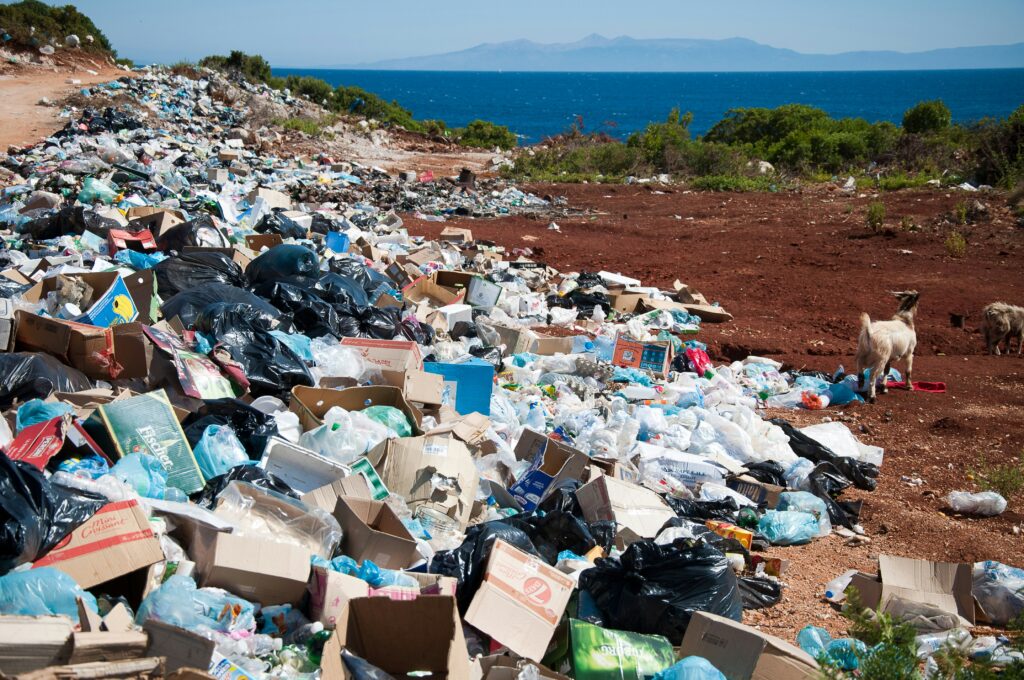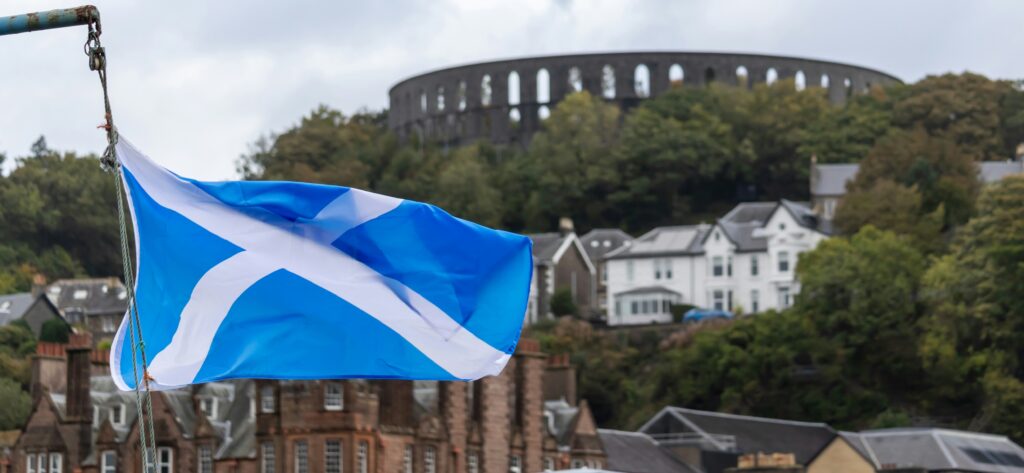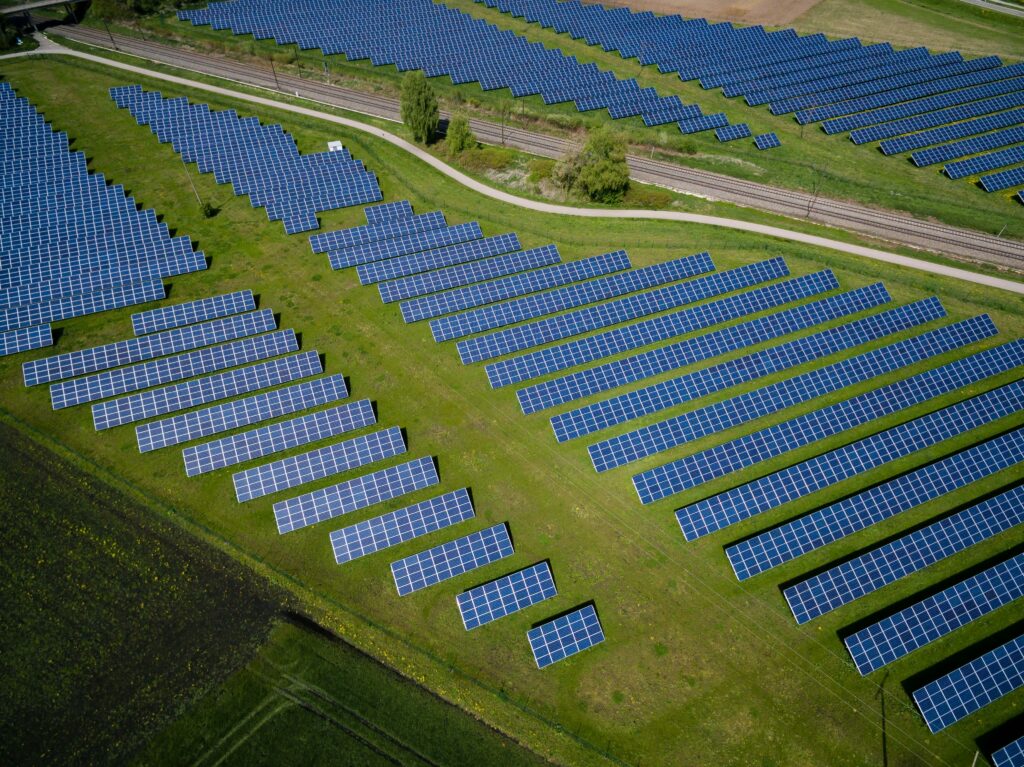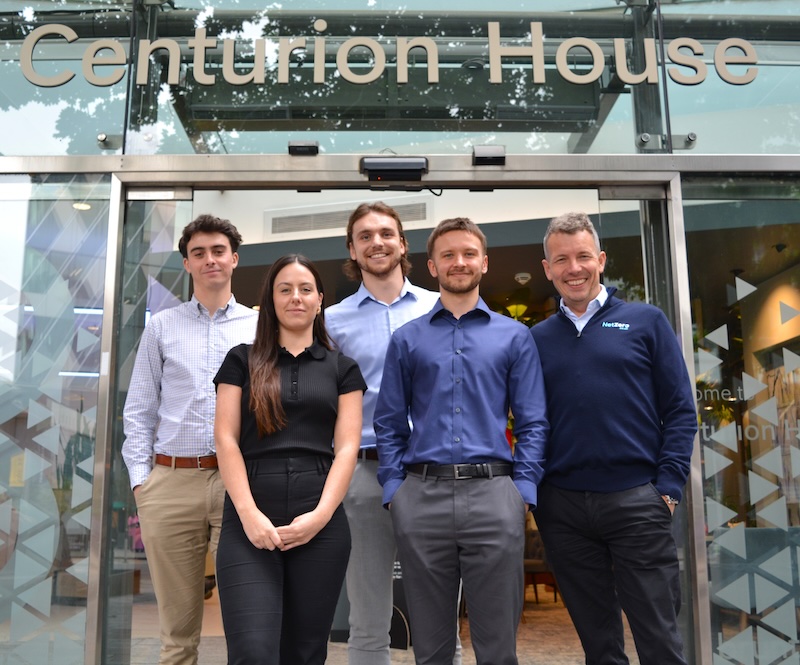Tensions erupted at the COP30 climate talks when protesters broke through security barriers at the conference venue in Belém. Demonstrators carried banners reading “Our forests are not for sale” and clashed with United Nations and Brazilian security staff. According to the UN, the incident resulted in minor injuries to two guards and limited property damage.
Footage shared online showed protesters many appearing to represent Indigenous and youth movements forcing their way toward the main entrance. Some wore traditional clothing and chanted slogans calling for an end to deforestation and fossil fuel expansion. One security guard told Reuters he was struck by a drum thrown during the chaos. It was an unusual breach for a UN summit renowned for tight security and strict protocol.
The Amazon as the World’s Stage
The protests underscored the symbolism of COP30’s location. For the first time, the UN’s global climate conference was held in Brazil, on the edge of the Amazon rainforest. Belém’s selection was both deliberate and controversial. Supporters called it a chance to spotlight the Amazon’s role in regulating the planet’s climate, while critics questioned Brazil’s continued approval of new oil and gas projects fossil fuels that remain the chief drivers of global warming.
An Indigenous leader from the Tupinambá community captured the frustration of many local groups, saying, “We can’t eat money.” He added that Indigenous peoples want their territories “free from agribusiness, oil exploration, illegal miners and illegal loggers.” His words echoed a wider sentiment that sustainable progress cannot come at the expense of ancestral lands and ecological balance.
A Platform for Indigenous Leadership
Organisers had branded this gathering “the Indigenous Peoples’ COP”, promising to place Indigenous representation at its centre. Brazil’s Minister of Indigenous Peoples, Sônia Guajajara, hailed the event as “historic”, noting that around 3,000 Indigenous delegates from across the world were expected to attend.
Their presence reinforced a key fact from a recent UN report: Indigenous communities safeguard roughly 80% of the planet’s remaining biodiversity, yet receive less than one percent of international climate funding
That imbalance, many argued, must change if global conservation goals are to succeed. Indigenous voices at COP30 called for more equitable financing, respect for land rights, and recognition that protecting nature is inseparable from protecting culture.
Brazil’s Message to the World
Opening the summit, President Luiz Inácio Lula da Silva delivered a pointed address linking environmental protection to truth and democracy. “The world must defeat climate denialism and fight fake news,” he said, pledging that “COP30 will be the COP of truth” amid what he described as an age of “misrepresentation” and “rejection of scientific evidence.”
Lula highlighted the Amazon as “the most diverse biome on Earth,” home to nearly 50 million people and 400 Indigenous groups. He argued that hosting COP30 in Belém was meant to show that the rainforest is not just a site of crisis, but a central pillar of the solution.
A Defining Moment for Global Action
As delegates from nearly 200 nations met under heightened security, the protests and speeches together illustrated the stakes of this decade. Ten years after the Paris Agreement, the goal of limiting warming to 1.5°C feels both fragile and urgent. The events in Belém revealed that climate diplomacy now extends far beyond policy rooms; it is being shaped on the streets, in the forest, and through the voices of those who have lived its consequences the longest.
References:
https://www.bbc.co.uk/news/articles/c0l7yjgn050o




